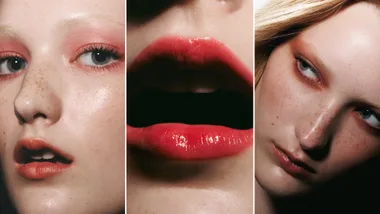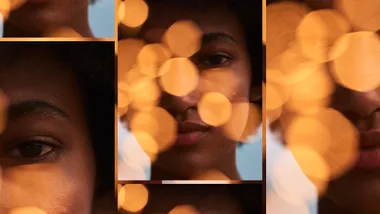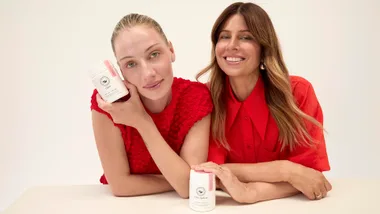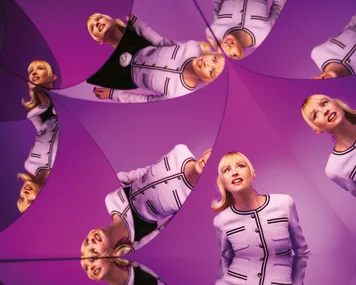If you thought the only side effect of chowing down on Tim Tams (or anything else for that matter) late at night was the extra calories it added to your daily intake, think again.
According to research conducted at the University of Texas Southwestern Medical Center, eating late at night when your body would typically be sleeping can potentially affect your level of sun protectionthe following day.
After studying mice with abnormal eating habits, the researchers found the biological clock of the mice’s skin was disrupted. This disruption led to the weakening of an enzyme that protects the skin against harmful UV rays, which then resulted in an increased likelihood of the skin sustaining more sun damage.
For the study, mice were split into two groups – one that was given food during the day (which isn’t a normal feeding time as the animals are nocturnal) and the other was given food at night. Researchers found the mice that were fed during daylight hours sustained higher levels of skin damage when exposed to UVB light than the group of mice that were fed at normal times.
This is believed to be the case because the xeroderma pigmentosum group A (XPA) enzyme (an enzyme that works to repair UV-damaged skin) was disturbed, which consequently meant it functioned less efficiently.
In order to find out whether disrupted eating patterns can affect humans like they do mice, we spoke to hop & cotton founder and Cosmetic Chemist, Ee Ting Ng.
According to Ng, we are likely to experience this enzyme weakening because the enzyme XPA is present in both humans and mice. The reason why the enzyme is weakened in the first place is because “the skin’s biological clock is regulated by signals such as light, temperature and feeding. Snacking late at night introduces stimuli that disrupt our normal sleep/wake cycle. This subsequently causes skin activities to occur during times they typically shouldn’t,” explains Ng.
Additionally, Ng revealed, “the XPA enzyme is normally active when we are asleep. A ‘disruption’ such as snacking can reduce its activity, which should otherwise be high. This reduction in enzyme activity attenuates skin’s ability to repair UV damage.”
Ultimately, what we can take from this is it’s best to eat your last meal early in the evening, “near the time when the sun sets as diminishing light levels send a ‘night-is-here’ signal to the master biological clock, turning on functions that are programmed to occur at night,” says Ng. That’s in addition to making sure you apply SPF every morning regardless of whether or not you’ve had a snack fest the night before.
This article originally appeared on BeautyCrew.










